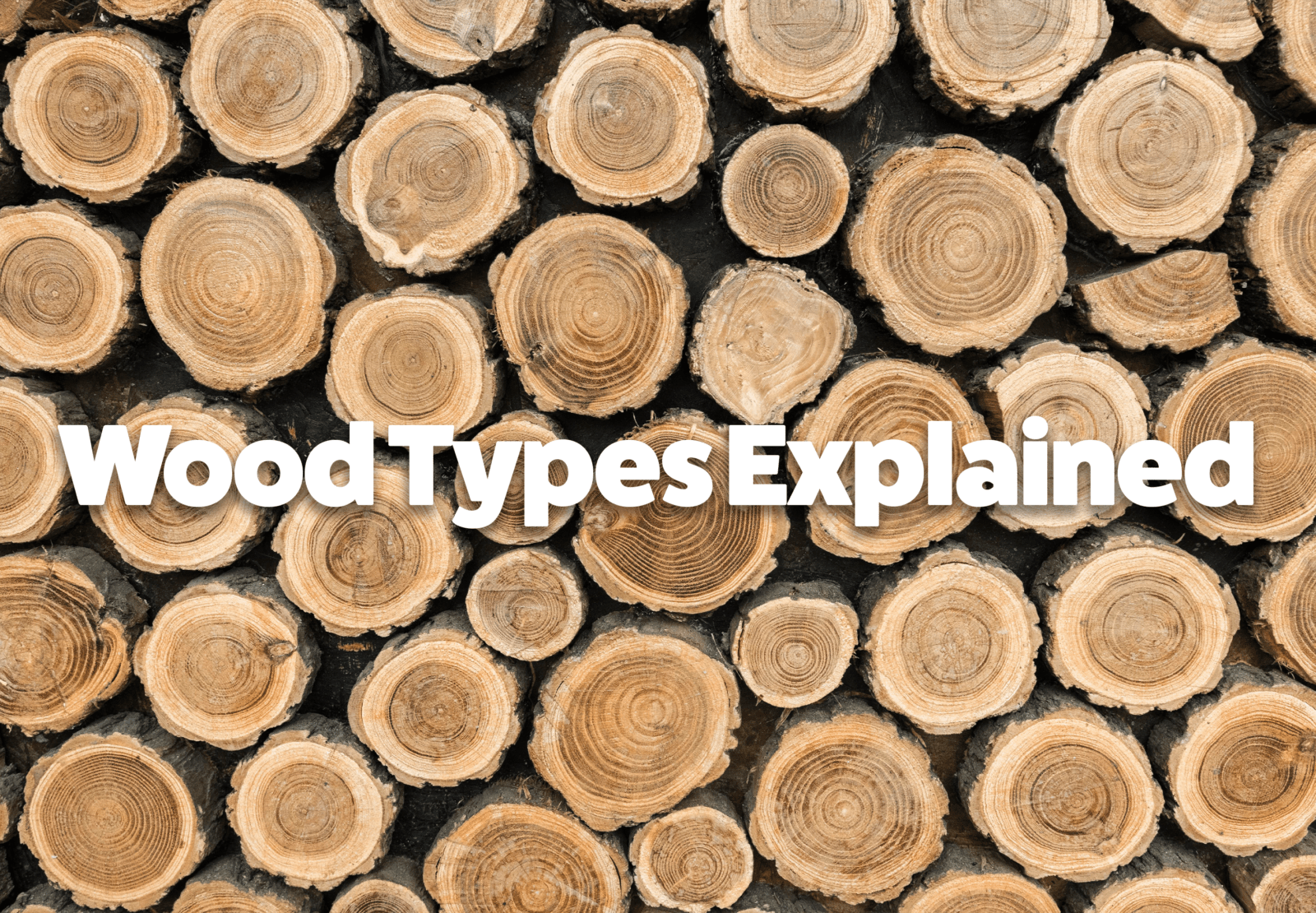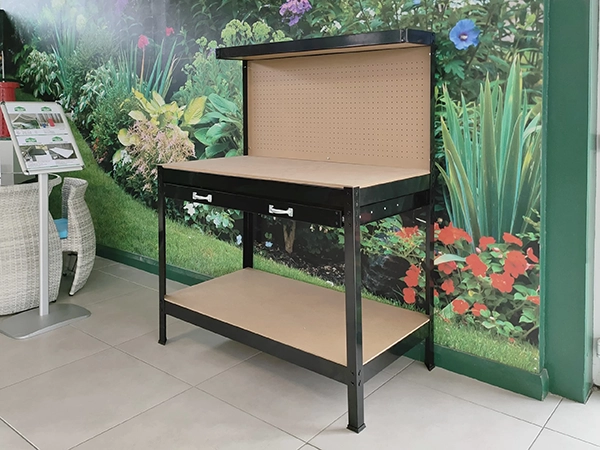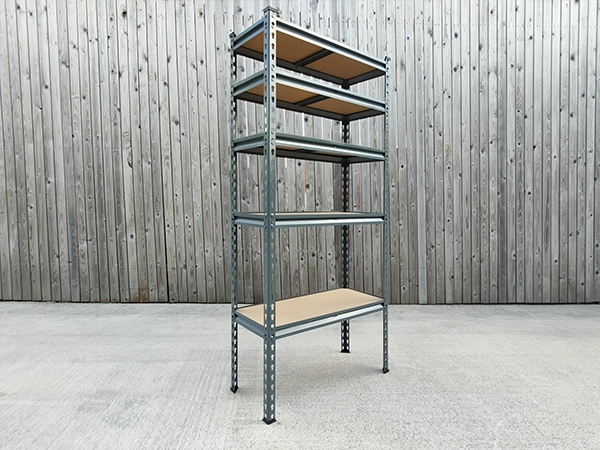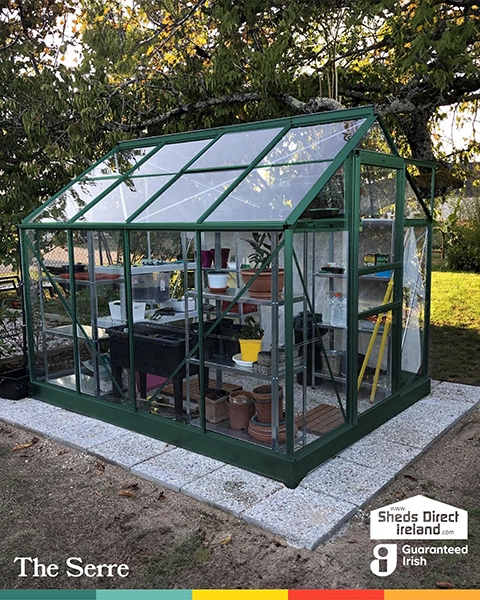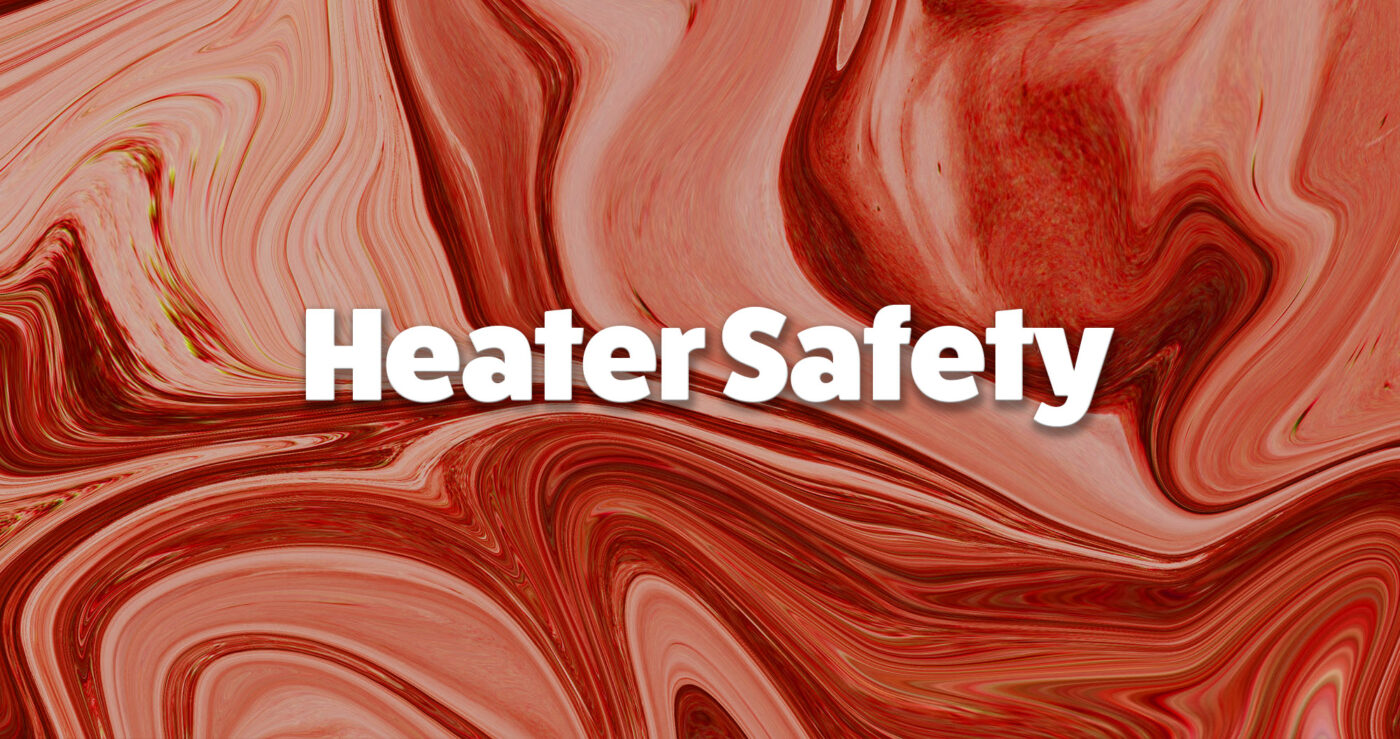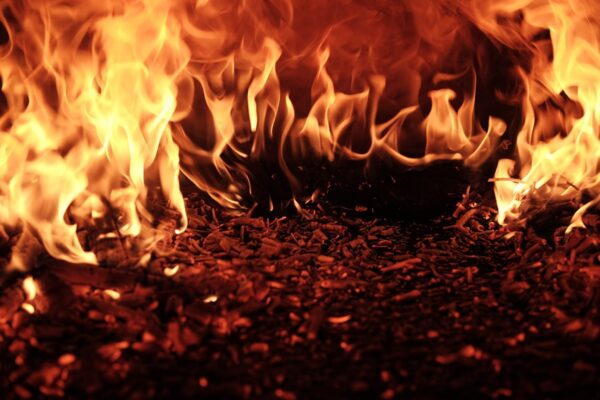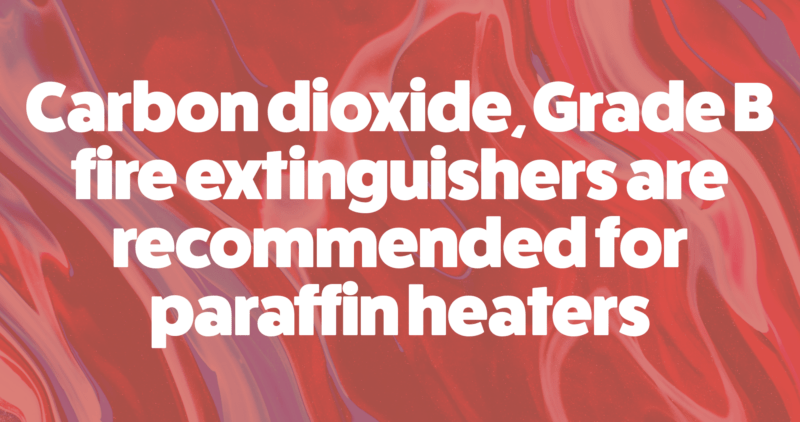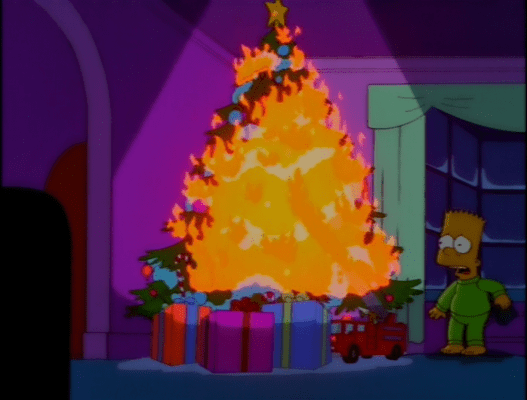Safety
Heater Safety
Heater Safety
Heater Safety is very important. I mean, it’s very boring, but it’s very important, like Maths orPolitics. So we’ll try and keep this as sweet as we can while getting the important points across. This isn’t a definitive list, so remember to read any safety instructions provided with any heater too. We’re not trying to scare you off buying a lovely paraffin heater – we’ve been using them daily for almost a decade without incident. However, like using say, a microwave – there are some things you need to know to stop avoidable incidents occurring.
We’re going to look at
- Fire Safety
- Fire Extinguisher for Heater
- Burns
- Breathing
- Christmas
- Maintenance
- Repairs
- and Storing Fuel
Fire Safety
Heaters
Your heater has one main job. To heat the place up. Don’t be a goomba and leave your heater – that generates heat – pointing at curtains, furniture or jayneymac – at a bottle of fuel. This really feels like it’s obvious. Heat makes things hot. If hot things get too hot, they’re gonna ignite. If things burst into flames, you’re gonna have to start a whole new beanie baby collection and let’s be honest, they’re not making many Princess Diana commemorative Beanie Babies anymore.
Top Tips for avoiding a fire
- Avoid putting your heater on the carpet.
- Don’t put it to close to any furniture (the couch, curtains, etc.)
- Don’t put it on an uneven surface or in a doorway, where it is more likely to get knocked over.
- If it’s a Wick Heater, don’t put flammable materials like the instruction manual, or clothes that you need drying on top of it.
- Keep an eye on the fuel gauge there when you’re filing it. Try and avoid spilling fuel.
- Mop up any spillages as soon as possible
- Don’t leave any heater unattended
Heater Safety: Fire Extinguishers for Heaters
Alright. So you’ve pointed it at the couch and now a small fire has broken out.
There’s no benefit in pointing fingers at this stage. You’re going to want to reach for the fire extinguisher, right? Right. But which one?
You need a Carbon Dioxide Fire Extinguisher for all Paraffin heaters.
These are red fire extinguishers with a black panel above the operating instructions.
A Class B Fire extinguisher is the only fire extinguisher that should be used on flammable fuels.
We strongly recommend that you purchase a fire extinguisher as soon as you purchase a heater.
Burns
Burns are minus craic. A bad burn will linger with you like a bad pint will linger in the lower stomach. Wick heaters can cause burns by touching them in the wrong spot (i.e. placing your hand on top while it’s in operation). So if you have a Wick Heater, consider getting a fireguard to prevent children, pets or people not paying attention from burning themselves on the heater.
If you or someone you know has burned themselves, the HSE has some good tips on treating burns on their website.
Breathing
Paraffin Heaters consume oxygen as they burn. In doing so, they produce things like carbon dioxide or nitrogen dioxide. Like your cousin who had trials for Liverpool in the 80s and who hasn’t stopped talking about it since, it’s presence is harmless to endure in small doses. However, over-exposure to either of these can be a serious issue. We strongly recommend that you get yourself a carbon monoxide alarm installed in any room that you use a heater in. Some of our heaters like the Inverter, already have one built-in.
It’s always advisable that you have good ventilation in any area where you’re using a heater – and provided that you do, these heaters are perfectly safe for indoor usage.
Remember: Fuel-burning heaters are not recommended to be used by Asthmatics, pregnant women or the very young.
Fan assisted heaters are especially to be avoided by these groupings, as they push out air (with a fan, surprisingly) and this can disturb particles in the room, leading to irritation or asthma attacks.
Heater Safety: Christmas
Christmas is peak heater usage time. As Bart Simpson learned the hard way – Christmas trees are highly flammable, so be careful.
It shouldn’t be all that surprising; they’re made of wood, covered in spray-painted decorations and they regularly have electric lights all over them. So it should go without saying that you shouldn’t point your heater (or place your heater) under a Christmas Tree. Similarly, don’t put your Christmas presents in the direct line of heat (unless you want a Dali inspired selection box).
Correct Fuel
I know, I know. We’re going off about people using the wrong fuel again. But look, Paraffin fuels like Tozane are unquestionably safer than Kerosene. For one, Tozane can be used indoors as it’s safe to breathe in; it has considerably less sulphur than kerosene so you don’t need to worry about it indoors.
Secondly, Tozane has a much higher flash-point than kerosene. This means that it’s less volatile and therefore less likely to ignite in the air. Which, I mean is great if unlike Talking Heads you’re trying to avoid burning down the house.
Maintenance
Looking after your heater can help you in the long run – both in terms of safety and financially.
For Wick Heaters – make sure your fuel is topped up regularly and avoid letting your wick go dry. A dry wick will burn out and you’ll need to replace it.
For Fan-Assist Heaters – make sure you clean out the vent at the back regularly.
For both – Keep them clean and tidy. Dust and oils on the top aren’t just unsightly, they are potential fire hazards. General maintenance is advised, but don’t spray any flammable chemicals onto the heater as you clean!
Repairs
Under NO circumstances should you attempt to repair your heater yourself. Our heaters can be dangerous to disassemble if you do not have the certified training to do so. We have had numerous customers who have broken their heater when they attempted to fix what would have been a relatively simple issue for our repair team to solve.
Regardless of how simple the issue appears, we would insist that you do not attempt to repair any perceived faults on your heater. Heater Safety is important, and it is vitally important that you do not put yourself or others in danger by tackling something you don’t have the correct training for – you wouldn’t just ‘have a go’ at fixing your boiler.
Storing Fuel
Storing Fuel is also very important. Our Tozane has a high flash point, so while it’s safer to store than other fuels, there are still some safety considerations you should be aware of when storing it.
- Always securely close your fuel bottle when not in use. Water droplets inside a bottle of fuel can cause problems with your heater – particularly fan assisted one.
- For the same reason, don’t leave your pump where it can be affected by water either.
- Condensation can cause water to form in bottles of water. Keep an eye on where you store your fuel and make sure that it’s not liable to condensation.
- Make sure your fuel is not in direct sunlight, or where light can be magnified onto it (through glass etc)
- It is advisable to install a smoke alarm where you store your fuel.
- Ensure that your fuel is not in a place where children can access it easily.
And there we go. As we said before, this isn’t a definitive list on heater safety; always read any safety advice provided by the heater or fuel manufacturers. If you’ve any questions, you can leave a comment here or get in touch on Facebook. We’ll do our best to get your question answered as quickly as possible.



